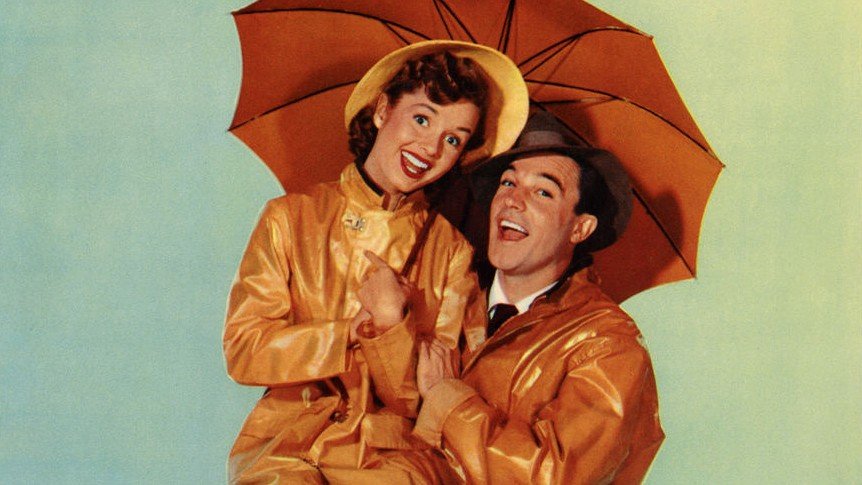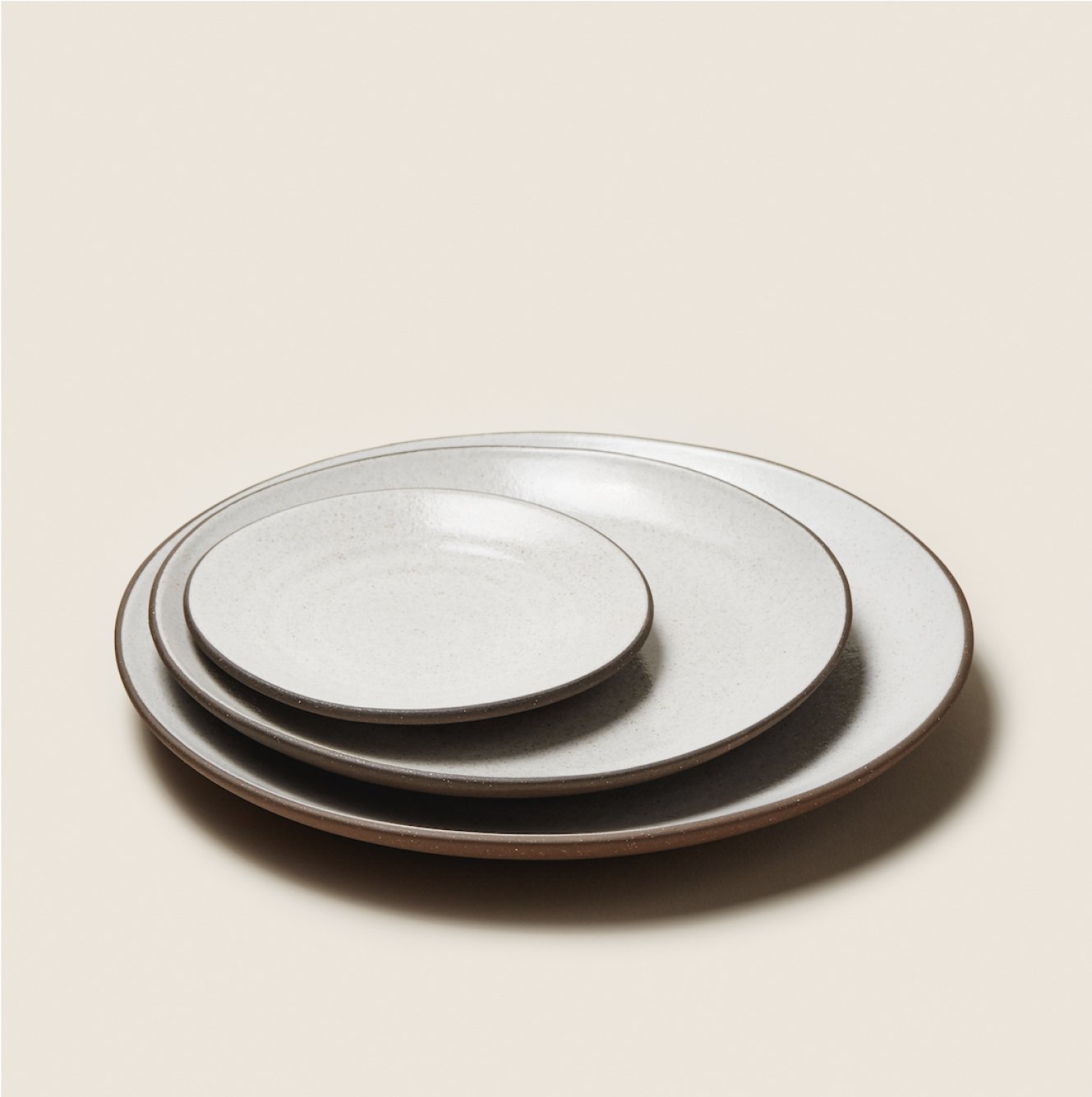harvard film archiveSelect works
Ford at war.
A John Ford retrospective, Part III
Ford’s lifelong admiration for military lifestyle and culture has negatively impacted the reception of his work, with many reductive analyses incorrectly labeling him as unequivocally pro-military and, by extension, pro-war, when in fact Ford’s representations of the military are profoundly nuanced and far from uniformly positive. Often critical of commanding officers and the military hierarchy that sheltered them while celebrating the discipline that structure fostered, Ford’s respect is reserved almost exclusively for the privates, foot soldiers and lower ranking officers whose courage and camaraderie Ford found inspirational. Following his experiences leading the Field Photographic Branch during WWII, Ford’s already complex attitudes toward war shifted and deepened significantly, with They Were Expendable highlighting the drudgery and terrifying human toll of combat and even a comedy like When Willie Comes Marching Home questioning America’s insatiable need for heroes and our blindly patriotic zeal. Aside from the western, the war film is perhaps Ford’s most important genre, as it too analyzes and explores a profoundly American way of life.
Debonair.
The films of Stanley Conan
In an extraordinary career spanning over forty years, legendary director Stanley Donen (b. 1924) has remained a key figure in the transformation of the postwar American cinema, producing iconic films—On the Town, Seven Brides for Seven Brothers, Charade—that inimitably captured the contemporary zeitgeist and injected a new energy, poise and wit into popular film genres. During the heyday of the classical Hollywood studio system, Donen—whose first studio contract was with MGM’s celebrated Freed Unit—helped reinvent the musical, bringing the genre to new artistic heights in the 1940s and 1950s with such pivotal films as Singin’ in the Rain and Funny Face. With the rise of international co-productions in the 1960s, and following the collapse of the studio hierarchy, Donen brought a European verve and sophistication to American audiences in classic works such as Arabesque and Two for the Road.
Donen began in show business as a dancer, joining the Broadway production of Pal Joey at the tender age of sixteen, dancing alongside the show’s star, Gene Kelly—an artist with whom Donen would famously collaborate on several masterworks of musical cinema including Singin’ in the Rain and It’s Always Fair Weather. Soon after his Broadway debut, Donen struck out for Hollywood, working first as a choreographer on films such as Cover Girl and Anchors Aweigh before establishing himself as a gifted and intuitive director of musicals whose ability to capture the exuberant energy and sheer joy of dancing—and of movement in general—with an elegantly fluid camera made him one of the most sought after Hollywood directors. With the decline of the musical in the late 1950s Donen moved in to the second and equally rich phase in his prolific career, as a free agent based in London turning out sophisticated and witty films which alternated from his classic comedy of mid-life crisis, Bedazzled, and his exuberant homage to Tinseltown magic in Movie, Movie to the his bittersweet and remarkably adult explorations of romantic—both hetero- and homosexual—relationships in Two for the Road and the underappreciated Staircase.
Happiness (Le bonheur)
Directed by Agnes Varda
Unlike the bulk of Varda’s work, Happiness, with its highly stylized form and refusal to explore the psychology of its characters, is completely removed from reality, rejecting any of Varda’s usual documentary or self-reflexive elements. It is also Varda’s most controversial work, revolving around a blissfully happy family man (Jean-Claude Drouot, appearing with his real-life wife and children) who decides, with uncomplicated ease, to expand upon his happiness by taking a mistress. Set in an idyllic landscape of leisurely country picnics and shot in cheerfully vibrant colors, there is nonetheless a distinct chill detectable underneath the film’s relentlessly sunny exterior. Although Varda resists any simple moralizing, she has said of Happiness, “I imagined a summer peach with its perfect colors, and inside, there is a worm.”
Select works
harvard film archiveFord at war.
A John Ford retrospective, Part III
-
Ford’s lifelong admiration for military lifestyle and culture has negatively impacted the reception of his work, with many reductive analyses incorrectly labeling him as unequivocally pro-military and, by extension, pro-war, when in fact Ford’s representations of the military are profoundly nuanced and far from uniformly positive. Often critical of commanding officers and the military hierarchy that sheltered them while celebrating the discipline that structure fostered, Ford’s respect is reserved almost exclusively for the privates, foot soldiers and lower ranking officers whose courage and camaraderie Ford found inspirational. Following his experiences leading the Field Photographic Branch during WWII, Ford’s already complex attitudes toward war shifted and deepened significantly, with They Were Expendable highlighting the drudgery and terrifying human toll of combat and even a comedy like When Willie Comes Marching Home questioning America’s insatiable need for heroes and our blindly patriotic zeal. Aside from the western, the war film is perhaps Ford’s most important genre, as it too analyzes and explores a profoundly American way of life.
Debonair.
The films of Stanley Conan
-
In an extraordinary career spanning over forty years, legendary director Stanley Donen (b. 1924) has remained a key figure in the transformation of the postwar American cinema, producing iconic films—On the Town, Seven Brides for Seven Brothers, Charade—that inimitably captured the contemporary zeitgeist and injected a new energy, poise and wit into popular film genres. During the heyday of the classical Hollywood studio system, Donen—whose first studio contract was with MGM’s celebrated Freed Unit—helped reinvent the musical, bringing the genre to new artistic heights in the 1940s and 1950s with such pivotal films as Singin’ in the Rain and Funny Face. With the rise of international co-productions in the 1960s, and following the collapse of the studio hierarchy, Donen brought a European verve and sophistication to American audiences in classic works such as Arabesque and Two for the Road.
Donen began in show business as a dancer, joining the Broadway production of Pal Joey at the tender age of sixteen, dancing alongside the show’s star, Gene Kelly—an artist with whom Donen would famously collaborate on several masterworks of musical cinema including Singin’ in the Rain and It’s Always Fair Weather. Soon after his Broadway debut, Donen struck out for Hollywood, working first as a choreographer on films such as Cover Girl and Anchors Aweigh before establishing himself as a gifted and intuitive director of musicals whose ability to capture the exuberant energy and sheer joy of dancing—and of movement in general—with an elegantly fluid camera made him one of the most sought after Hollywood directors. With the decline of the musical in the late 1950s Donen moved in to the second and equally rich phase in his prolific career, as a free agent based in London turning out sophisticated and witty films which alternated from his classic comedy of mid-life crisis, Bedazzled, and his exuberant homage to Tinseltown magic in Movie, Movie to the his bittersweet and remarkably adult explorations of romantic—both hetero- and homosexual—relationships in Two for the Road and the underappreciated Staircase.
The Harvard Film Archive is pleased to welcome Stanley Donen to Boston to present and discuss two of his most beloved films, Seven Brides for Seven Brothers and Two for the Road.
This program is co-sponsored by the Constellation Center. Special thanks: Glenn A. KnicKrehm, the Constellation Center; Paul Schrader; The Academy Film Archive; Caitlin Robertson and Schawn Belston, Fox.
Happiness
(Le bonheur)
-
Unlike the bulk of Varda’s work, Happiness, with its highly stylized form and refusal to explore the psychology of its characters, is completely removed from reality, rejecting any of Varda’s usual documentary or self-reflexive elements. It is also Varda’s most controversial work, revolving around a blissfully happy family man (Jean-Claude Drouot, appearing with his real-life wife and children) who decides, with uncomplicated ease, to expand upon his happiness by taking a mistress. Set in an idyllic landscape of leisurely country picnics and shot in cheerfully vibrant colors, there is nonetheless a distinct chill detectable underneath the film’s relentlessly sunny exterior. Although Varda resists any simple moralizing, she has said of Happiness, “I imagined a summer peach with its perfect colors, and inside, there is a worm.”
Directed by Agnès Varda . With Jean-Claude Drouot, Claire Drouot, Marie France Boyer. France, 1964, 35mm, color, 82 min. French with English subtitles . Print source: Cine Tamaris
Global artisans
-
Ford’s lifelong admiration for military lifestyle and culture has negatively impacted the reception of his work, with many reductive analyses incorrectly labeling him as unequivocally pro-military and, by extension, pro-war, when in fact Ford’s representations of the military are profoundly nuanced and far from uniformly positive. Often critical of commanding officers and the military hierarchy that sheltered them while celebrating the discipline that structure fostered, Ford’s respect is reserved almost exclusively for the privates, foot soldiers and lower ranking officers whose courage and camaraderie Ford found inspirational. Following his experiences leading the Field Photographic Branch during WWII, Ford’s already complex attitudes toward war shifted and deepened significantly, with They Were Expendable highlighting the drudgery and terrifying human toll of combat and even a comedy like When Willie Comes Marching Home questioning America’s insatiable need for heroes and our blindly patriotic zeal. Aside from the western, the war film is perhaps Ford’s most important genre, as it too analyzes and explores a profoundly American way of life.
-
It all begins with an idea. Maybe you want to launch a business. Maybe you want to turn a hobby into something more.
High quality materials
-
It all begins with an idea. Maybe you want to launch a business. Maybe you want to turn a hobby into something more.
-
It all begins with an idea. Maybe you want to launch a business. Maybe you want to turn a hobby into something more.
Customized for you
-
It all begins with an idea. Maybe you want to launch a business. Maybe you want to turn a hobby into something more.
-
It all begins with an idea. Maybe you want to launch a business. Maybe you want to turn a hobby into something more.
Awards & Recognitions
-
It all begins with an idea. Maybe you want to launch a business. Maybe you want to turn a hobby into something more.
-
It all begins with an idea. Maybe you want to launch a business. Maybe you want to turn a hobby into something more.
-
It all begins with an idea. Maybe you want to launch a business. Maybe you want to turn a hobby into something more.
-
Item description









